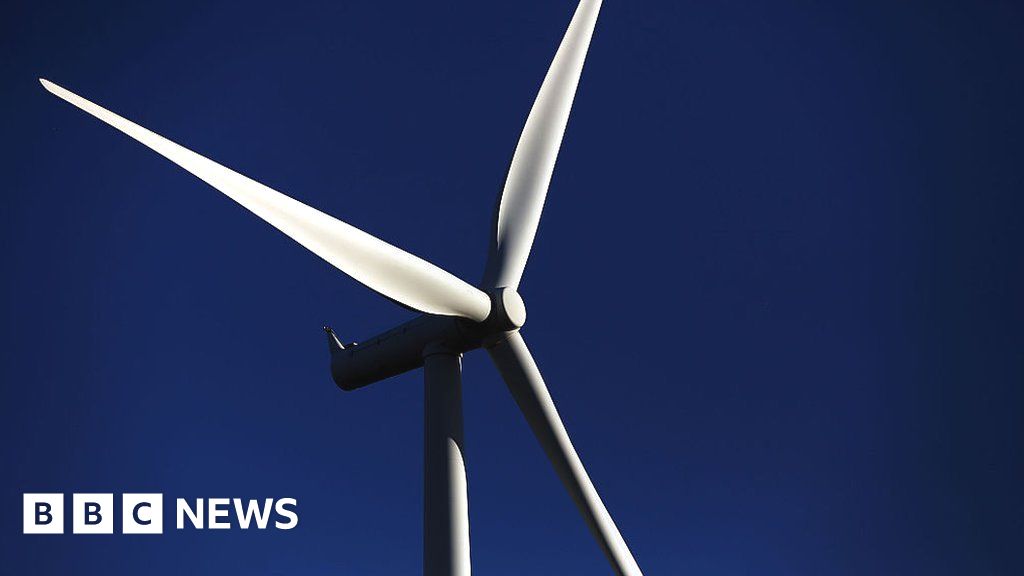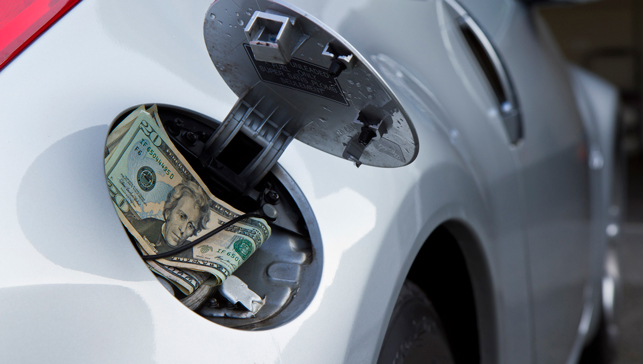Except nothing I was talking about had anything to do with proactive versus reactive, but since we're on the topic, the only person who doesn't seem to understand this is you. Energy companies have been
investing in green energy because they understand the shift and are being proactive so they are active competitors. The other option would be complacency and reliance on their current product which would lead to a reactionary strategy down the line; that would be the worst scenario to be in because it is a game of catch up. I'm not sure how this escapes you considering your claim of experience in this sector.
"Waging war" is quite hyperbolic and inaccurate. What the administration is doing is enacting policies to reduce the carbon footprint of vehicles by improving MPG efficiency and investing in the infrastructure that will make electric cars more viable. The way you're framing this paints the picture of country where nothing advances because of the "consequences and costs" which fosters a lack of innovation. The question is how those consequences and costs are managed. I suppose one could have argued against the car in the horse and buggy days by saying that the cost of making roads drivable for cars was going to cost money.
Like any new technology, the price point is always high in the early days, but then drops as demand drives production and availability. Thus far the market has been cornered by Tesla, and the early days featured very expensive cars because the market was quite small. The investment in charging stations and the production increase by US and foreign auto makers will be part of what drives the costs down. Of course technology will continue to change and improve, and hopefully we'll get to a point where electric cars have the range gasoline powered ones do.
Your comment about who is making strides in green energy is off the mark as well:
View attachment 67379472
View attachment 67379473
Source
I'm not sure how many rich liberal elites are driving the transitions in Kansas, South Dakota and Iowa.





